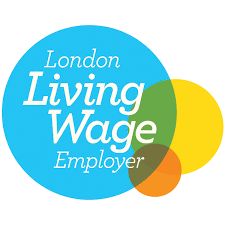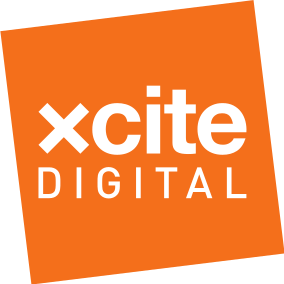
Taxation is very much in the news at the moment! The so-called Panama Papers scandal has - via leaked documents - revealed years of money laundering, sanction dodging and tax evasion by rich and powerful clients of one of the world's most secretive companies, a Panamanian law firm called Mossack Fonseca. Clients include current and former heads of state and government and other politicians, and many of their relatives and associates. Whilst there are legitimate ways of using tax havens, much of the activity revealed by the Panama papers relates to hiding the true owners of money, the origin of the money and avoiding paying tax on the money.
The reverberations of the scandal are likely to continue for months if not years to come. But it has probably crossed many of our minds that we may not be as familiar with the whole issue of taxation as we would like to be. As small business owners do we really know which taxes we need to pay and how much we should be paying? Have we sought money advice on how to manage our accounts in the best possible way? Or, if we are running into difficulties would we know where to seek help to finance a tax bill?
There are five areas of taxation and other obligatory payments for small businesses that you need to know about and need to make sure that you are making provision for:
Income tax
As a sole trader you need to pay income tax on your business’s profit once it goes over the personal allowance (the amount of income you don’t have to pay tax on). The current standard personal allowance is £11,000. If your business is a limited company, you need to pay income tax on any salary or dividends you take from the company, over and above the personal allowance of £11,000. Tax allowances do change regularly and current allowances can be found on the Gov UK website.
National Insurance
Whilst National Insurance (NI) is not a tax, it is money that you need to pay to the government, so you need to be aware of it and make provision. Sole traders pay two kinds of NI. Class 2 NI is a flat weekly rate of £2.80 payable if your business’s profits exceed the Small Profits Threshold, which is £5,965. As we saw in our article about the recent budget, this is to be scrapped from April 2018. However, if your business’s profits exceed £8,060 you also need to pay Class 4 NI which is a percentage of your business’s profit.
If your business is a limited company and you are drawing a salary of £8,060 or more, then Class 1 NI will need to be paid. There are two parts to this: the employer’s contribution and also the employee’s contribution (which is deducted from your wages) - both to be paid to HMRC.
Corporation tax
Many small businesses are not fully aware of corporation tax and it can catch you out. Sole traders do not pay corporation tax but if you are a limited company you need to pay corporation tax on your profit as soon as you make any: there is no equivalent of a personal allowance. Any profit at all means that you need to pay corporation tax at a rate of 20 per cent 9 months after the end of your accounting year. For more information about corporation tax and how to ensure you are paying what you need, check out the Gov UK website.
VAT
Every business has to pay VAT if makes sales of goods or services of more than £83,000 a year. The standard rate of VAT is currently 20 per cent. There are also reduced and zero rates for some goods and services. To find more about VAT rates check the Gov UK website. Click here to find out how to register your business for VAT.
Business rates
If you run your business from external premises rather than your home, then you may have to pay business rates for those premises. Some premises are exempt from business rates and others may be entitled to business rates relief. There is also a business rates allowance of £6000 which means that if your small business occupies property with a rateable value of £6,000 or less you will pay no business rates. The recent budget pledged to increase this rate to £12,000 by April 2017.
If you run your business from home, you do not usually have to pay business rates unless you:
- employ staff who also work at your home
- have adapted your home to work there
- use your property for part business and part domestic
- sell goods or services from your home to visiting customers
If you are reading this you may be assured that your small business is paying all the taxes and charges that it needs to. However, many small businesses have run into difficulties by not keeping track of these expenses. If this applies to you then do seek money advice immediately. It’s tempting to ignore the problem and hope that it will go away but it won’t - and the sooner you face up to the situation and start doing something about it, the better. There are lenders around who will be prepared to refinance business debt or offer funding to a small business to finance a tax bill. But the sooner you start tackling the issue, the sooner it will be resolved.




